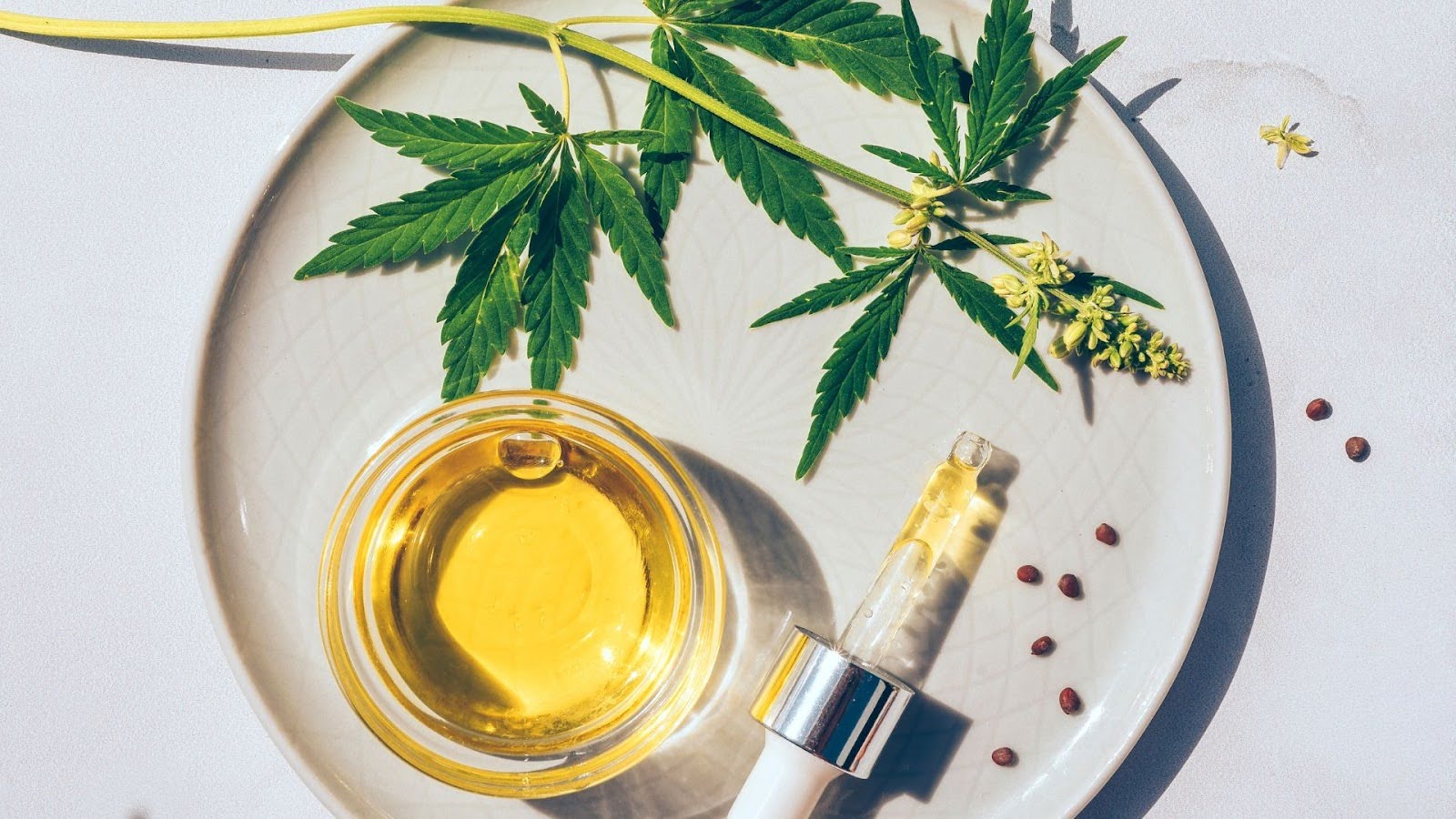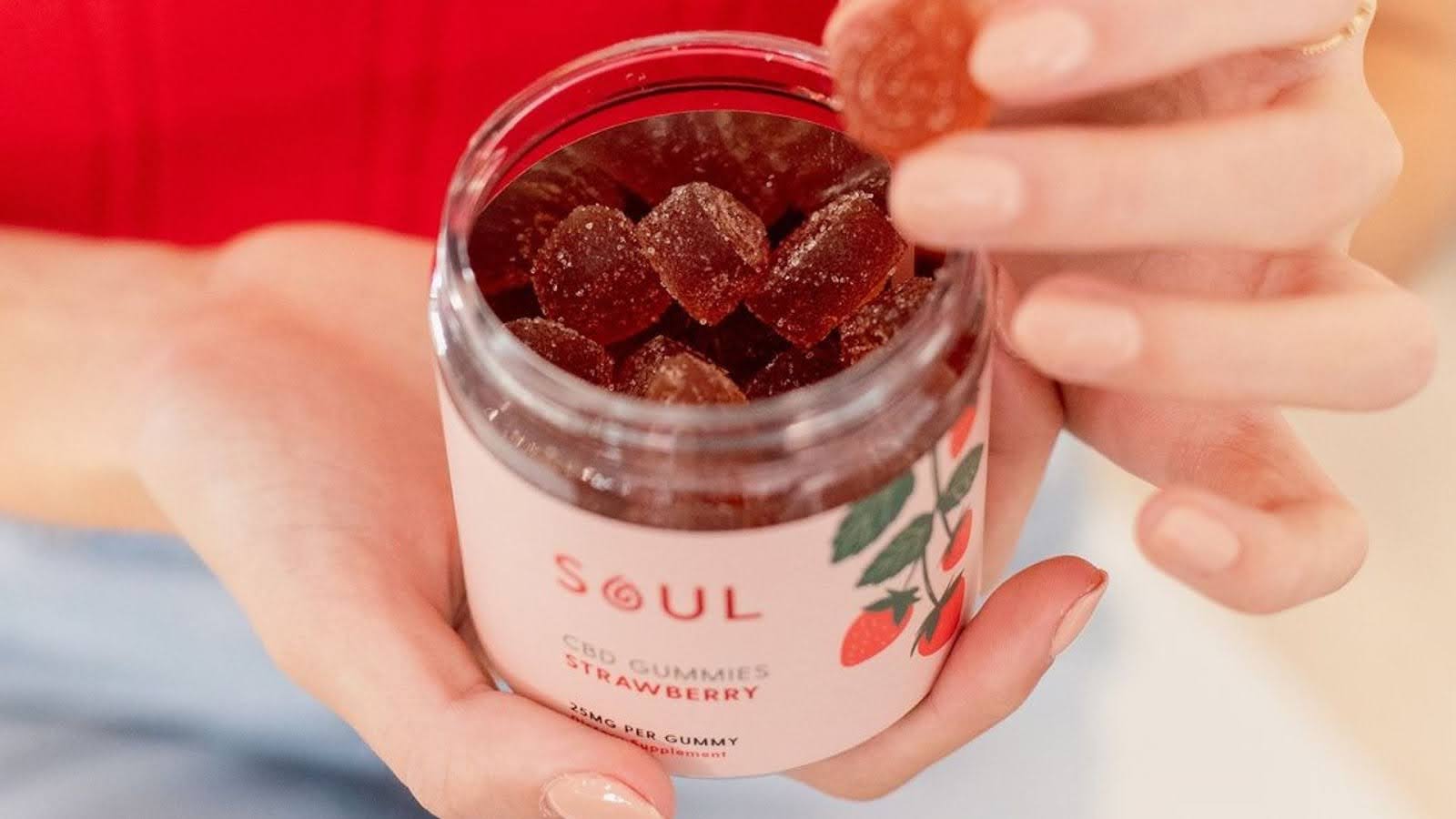Key Takeaways
- CBDA vs. CBD: CBDA is the acidic precursor to CBD found in raw cannabis plants, with each offering unique benefits and interacting differently with the body's systems.
- Health Applications: CBD is widely researched for its potential to relieve anxiety, manage pain, and improve sleep, while CBDA shows promise in anti-inflammatory and anti-nausea effects.
- Legal and Consumption Considerations: The choice between CBDA and CBD depends on personal health goals, legal status, and available product forms, with each compound offering various consumption methods to suit individual preferences.
In the ever-evolving landscape of wellness and natural supplements, understanding the nuanced differences between compounds like CBDA and CBD is paramount for informed health choices. While both hail from the cannabis plant and are celebrated for their potential health benefits, their differences in chemical structure, effects, and applications warrant a closer look.
Understanding Cannabinoids
Cannabinoids are a diverse class of chemical compounds that interact with the body's endocannabinoid system, playing a key role in regulating various physiological processes. Among the many cannabinoids found in the cannabis plant, CBD and CBDA have garnered significant attention for their potential therapeutic benefits. Unlike THC, another well-known cannabinoid, CBD and CBDA are non-intoxicating, making them appealing to those seeking health benefits without psychoactive effects. Understanding these cannabinoids is crucial for anyone looking to incorporate them into their wellness routine.
Ready To Elevate Your Wellness Journey With Soul?Discover the natural benefits of CBD with Soul. Our premium products are designed to seamlessly integrate into your daily routine, offering you a path to balanced wellness.
Embrace Your Best Self with Soul — Discover More Today! |
What Is CBD?
CBD is a compound found in cannabis and hemp plants that has gained popularity for its potential health benefits without the psychoactive effects associated with THC. It is one of the most researched cannabinoids and is believed to interact with the body's endocannabinoid system to help maintain balance and health. CBD is available in various forms, including oils, tinctures, capsules, and topical products, making it versatile for different uses and preferences.

How CBD Works In The Body?
CBD interacts with the body's endocannabinoid system (ECS), a complex network of receptors and neurotransmitters that regulate various bodily functions, including pain, mood, appetite, and immune response. By influencing the ECS, CBD may help promote a sense of balance and well-being. It is thought to enhance the body's natural production of cannabinoids and can also interact with other receptors in the brain, potentially offering therapeutic benefits.
Benefits Of CBD
Anxiety And Stress Relief
CBD has been studied for its potential to reduce anxiety and stress, with some research suggesting that it can lower levels of stress and anxiety in both animal and human studies. Its calming effects may be attributed to its ability to interact with serotonin receptors in the brain, which regulate mood and social behavior. To conveniently incorporate these benefits into your daily routine, try Soul's CBD Gummies. We offer a tasty and discreet way to enjoy the soothing effects of CBD anytime, anywhere.
Pain Management
CBD may offer an alternative for those seeking relief from chronic pain and inflammation. Studies have shown that it can reduce pain associated with conditions like arthritis and multiple sclerosis by interacting with neurotransmitters and reducing inflammation.
Sleep Improvement
CBD is also explored for its potential to improve sleep by addressing underlying causes such as anxiety, pain, and stress. Promoting relaxation and reducing discomfort, it may help individuals achieve a more restful and uninterrupted sleep cycle.
What Is CBDA?
CBDA, or cannabidiolic acid, is the acidic precursor to CBD found in raw cannabis plants. When cannabis is heated or aged, a process called decarboxylation occurs, converting CBDA into CBD. CBDA is less studied than CBD but is beginning to attract attention for its unique properties and potential health benefits, particularly in its raw form.
How CBDA Works In The Body?
CBDA interacts with the body differently than CBD, primarily influencing non-endocannabinoid receptors and enzymes. Early research suggests that CBDA may block certain receptors associated with nausea and inflammation, indicating potential therapeutic applications. Its mode of action is distinct from CBD, providing a different spectrum of benefits.
Benefits Of CBDA
Anti-Inflammatory Properties
CBDA has shown promise in preliminary studies for its anti-inflammatory effects, potentially inhibiting certain enzymes and key inflammatory mediators in the body. This could make CBDA useful in managing conditions associated with inflammation.
Nausea And Appetite Control
Research indicates that CBDA may have anti-nausea effects, possibly more potent than those of CBD. This property could be beneficial for individuals undergoing treatments like chemotherapy that often result in nausea and loss of appetite.
Anxiety Reduction
Though research is limited, some studies suggest CBDA may also help reduce anxiety. It is believed to affect serotonin levels, a neurotransmitter involved in regulating mood, suggesting potential benefits for anxiety management.
Chemical Differences Between CBDA And CBD
Chemical Structure
The primary difference between CBDA and CBD lies in their chemical structure. CBDA contains a carboxylic acid group that is lost during the decarboxylation process, converting it into CBD. This structural difference influences how each compound interacts with the body.
Decarboxylation Process
Decarboxylation is a chemical reaction triggered by heat or aging, converting CBDA into CBD. This process alters the chemical structure and properties of the compound, affecting its potential benefits and how it interacts with the body.
Bioavailability
The chemical structure of CBD allows it to interact more effectively with the body's endocannabinoid system compared to CBDA. This can result in different levels of bioavailability, with CBD generally being more readily absorbed and utilized by the body.
Interaction With Receptors
While CBD interacts primarily with the endocannabinoid system, CBDA's interactions are more varied and include non-endocannabinoid receptors and enzymes. This difference in interaction can lead to varied effects and potential uses for each compound.
Availability And Forms Of Consumption
CBD Products
CBD is available in a wide range of products, including oils, tinctures, capsules, edibles, and topicals. These products offer various methods of consumption, from oral ingestion to topical application, catering to different preferences and needs.

CBDA Products
CBDA is most commonly found in raw cannabis products like juices or tinctures made from unheated cannabis. It's also available in certain specialized products designed to preserve the raw compounds of the cannabis plant.
Choosing Between CBDA And CBD
Personal Health Goals
Your specific health objectives can influence the choice between CBDA and CBD. For example, if you're seeking anti-inflammatory benefits or nausea relief, CBDA might be more suited, while CBD might be preferable for anxiety or chronic pain management.
Product Availability And Legal Status
The availability of CBD and CBDA products can vary depending on local laws and regulations. It's essential to consider the legal status of these compounds in your area and the availability of reputable products.
Personal Preference And Response
Individual responses to CBD and CBDA can vary. Some may prefer the immediate effects of CBD, while others might favor the unique benefits of CBDA. Trial and experimentation with different products and forms can help determine what works best for you.
Final Thoughts
Understanding the differences between CBDA and CBD is crucial for anyone looking to incorporate these compounds into their wellness routine. While both offer unique benefits and potential therapeutic applications, the choice between them should be guided by individual health goals, legal considerations, and personal preferences. As research continues to evolve, the understanding and applications of CBDA and CBD will likely expand, offering new opportunities for natural wellness solutions. For those interested in exploring the benefits of CBD in a convenient and enjoyable form, Soul's CBD Gummies are a great starting point.
Read Also:
- Shedding Light on CBT and Its Place In The Cannabinoid Spectrum
- THC-O vs Delta 8: Potency and Therapeutic Potential
- CBD Gummies For Sex: Enhance Intimacy Naturally
Frequently Asked Questions
Can CBDA convert to CBD in the body after consumption?
No, CBDA does not convert to CBD in the body. The conversion, known as decarboxylation, occurs through the application of heat or aging outside the body, not internally after consumption.
Are there any foods that naturally contain CBD or CBDA?
CBD and CBDA are found in cannabis and hemp plants, not in regular foods. However, hemp seeds and oil, which are legal and available in many health food stores, contain trace amounts of CBD, but not enough to have significant effects.
Can I take CBDA and CBD together?
Yes, you can take CBDA and CBD together. Some users believe that combining the two may enhance their effects due to the entourage effect, but more research is needed to fully understand their interaction.
Will using products containing CBDA or CBD show up on a drug test?
CBD and CBDA themselves should not cause a positive drug test, as tests typically screen for THC, the psychoactive compound in cannabis. However, full-spectrum CBD products may contain trace amounts of THC that could potentially show up on a drug test.
Are CBDA and CBD safe for children or pets?
CBD is increasingly used in products for both children and pets, particularly for issues like anxiety and pain relief, but it's essential to consult a healthcare provider or veterinarian first. CBDA's use in children and pets is less studied, so caution and professional advice are advised.
How long do the effects of CBDA and CBD last?
The duration of effects can vary depending on the method of consumption, dosage, and individual metabolism. Generally, the effects of CBD can last anywhere from 2 to 6 hours, while there's limited information on the duration of CBDA's effects.
Can CBDA or CBD affect my medication?
Both CBDA and CBD have the potential to interact with certain medications by affecting the way your body processes these drugs. Always consult with a healthcare professional before combining them with other medications.
Is it possible to overdose on CBDA or CBD?
CBD is generally considered safe, and there have been no reported cases of fatal overdose. However, taking extremely high doses may lead to adverse side effects. There's limited information on CBDA, but it's also considered to be safe in moderate amounts.
Do CBDA and CBD have any effects on skin health?
CBD is known for its anti-inflammatory properties and is included in various skincare products for acne, eczema, and psoriasis. CBDA also has anti-inflammatory effects, suggesting potential benefits for skin health, but more research is needed.
How quickly can I feel the effects of CBDA and CBD?
The onset of effects varies: inhalation provides the quickest results (minutes), sublingual drops or sprays are also fast (15-30 minutes), and edibles or capsules may take longer (1-2 hours). CBDA's onset time has not been extensively studied but is thought to be similar to CBD.
Sources:
- Lafaye, G., Karila, L., Blecha, L., & Benyamina, A. (2017). Cannabis, cannabinoids, and health. Dialogues in Clinical Neuroscience, 19(3), 309–316. https://doi.org/10.31887/dcns.2017.19.3/glafaye
- Sharpe, L., Sinclair, J., Kramer, A., De Manincor, M. J., & Sarris, J. (2020). Cannabis, a cause for anxiety? A critical appraisal of the anxiogenic and anxiolytic properties. Journal of Translational Medicine, 18(1). https://doi.org/10.1186/s12967-020-02518-2
- Li, J., Carvajal, R., Bruner, L. H., & Kaminski, N. E. (2021). The current understanding of the benefits, safety, and regulation of cannabidiol in consumer products. Food and Chemical Toxicology, 157, 112600. https://doi.org/10.1016/j.fct.2021.112600




